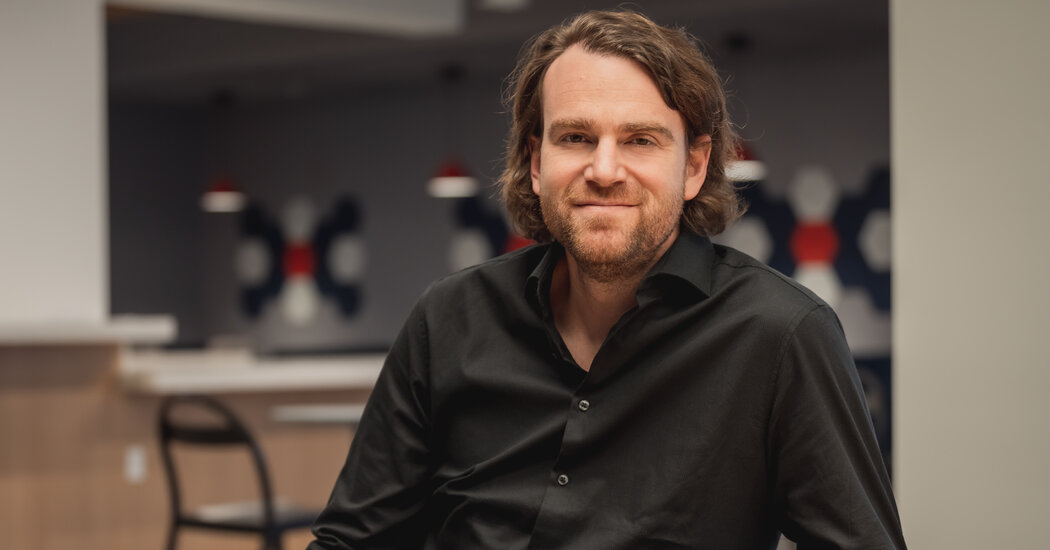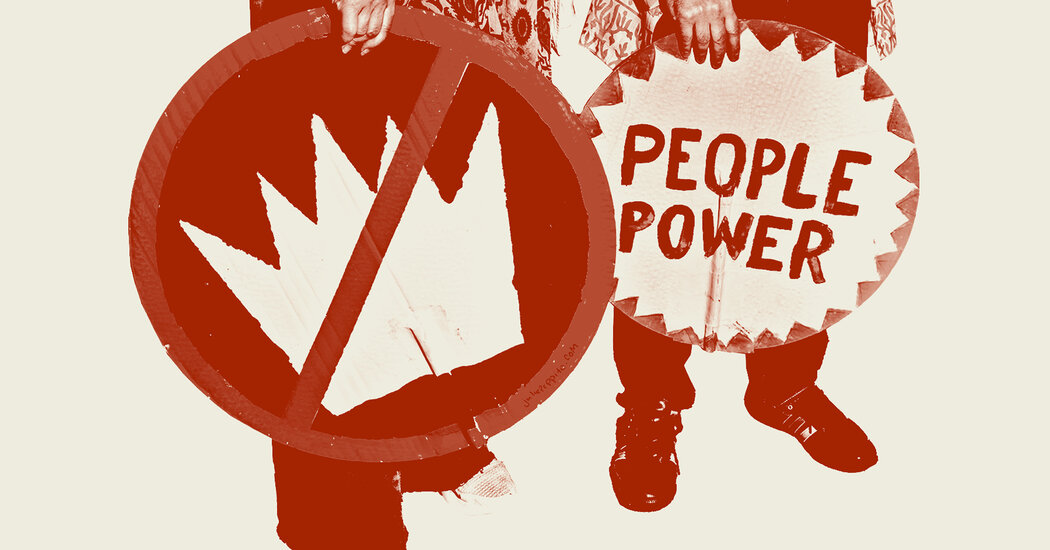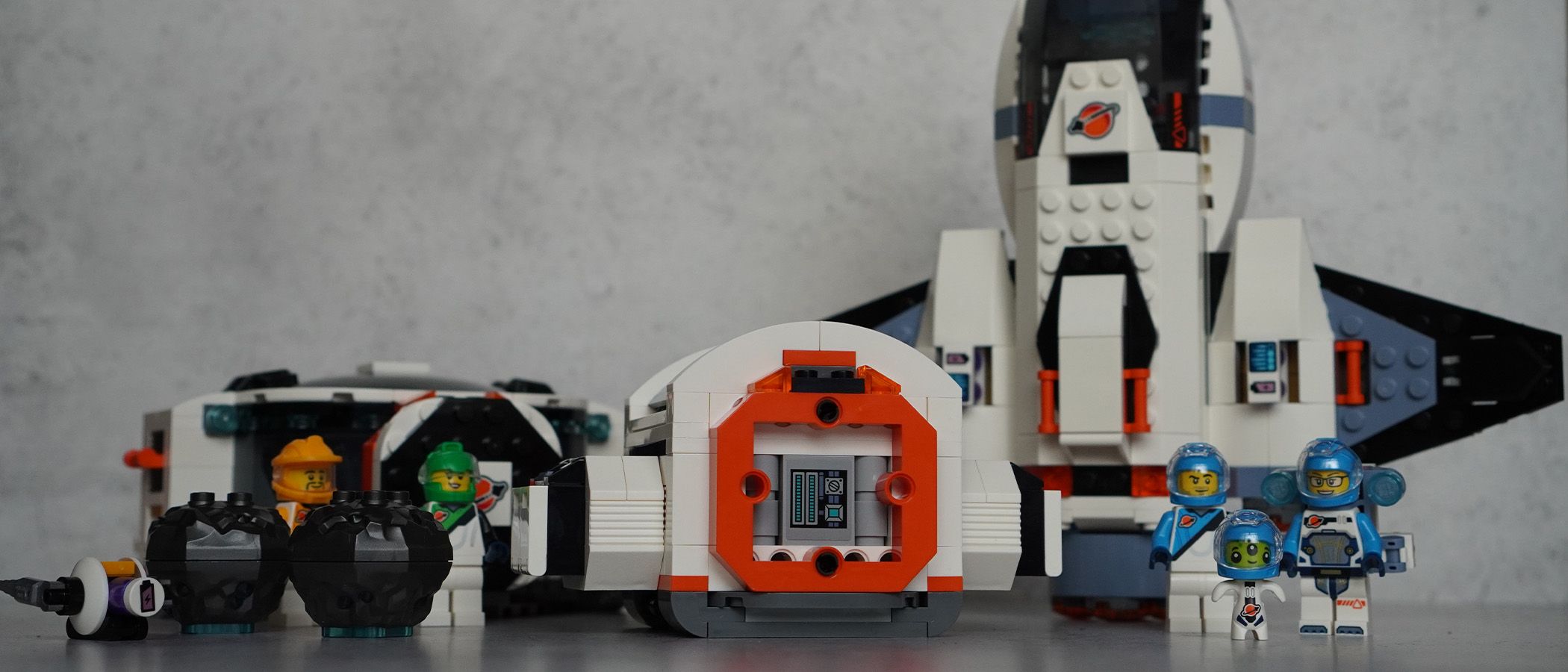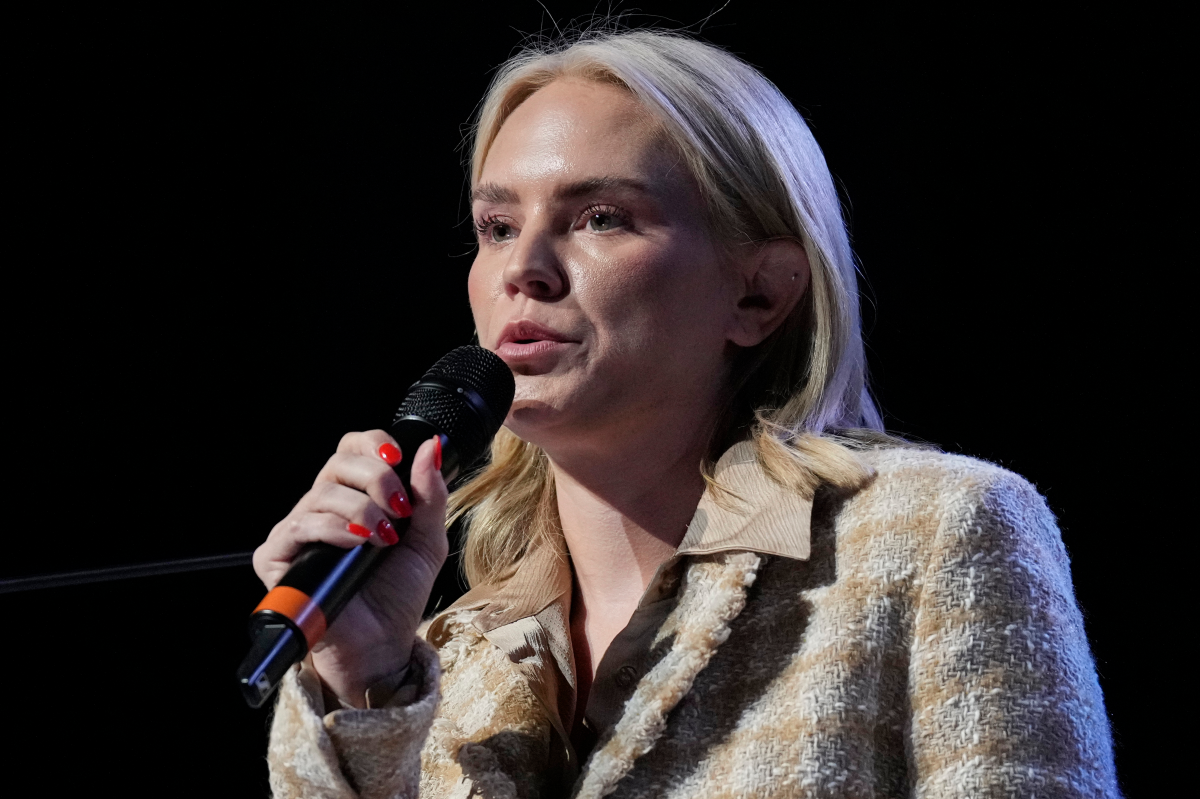Copyright The New York Times

Nolan Williams, an innovative neuroscientist who developed a noninvasive brain-stimulation technique that has delivered unusually fast relief to people with treatment-resistant depression, died on Oct. 8 at his home in Northern California. He was 43. His wife, Kristin Raj, said he died by suicide. Dr. Williams himself had struggled with depression, according to two of his colleagues. Dr. Williams was hired by the Stanford University School of Medicine’s department of psychiatry and behavioral sciences in 2014. He soon started its Brain Stimulation Lab, where he focused on finding rapid-acting approaches to treat the dysfunctions underlying psychiatric illnesses, like depression, anxiety, obsessive-compulsive disorder and post-traumatic stress disorder, or PTSD. In addition to stimulating the brain to deal with depression, he led studies of Special Operations veterans who had symptoms of PTSD and traumatic brain injury — among them anger, depression, anxiety and insomnia — and who had been treated in Mexico with the psychedelic drug ibogaine, which is illegal in the United States. The nonprofit organization Veterans Exploring Treatment Solutions, or VETS, which collaborated with Dr. Williams on the ibogaine study, said in a statement after his death that “his research demonstrated what these veterans courageously believed: That healing was possible, that their suffering mattered, and that science could meet them in their darkest hour.” Dr. Williams’s fascination with the brain’s circuitry surged when he was a student at the Medical University of South Carolina, where he learned about stimulating the brain to relieve depression that therapy and prescription drugs could not ease. Thank you for your patience while we verify access. If you are in Reader mode please exit and log into your Times account, or subscribe for all of The Times. Thank you for your patience while we verify access. Already a subscriber? Log in. Want all of The Times? Subscribe.



